Love (between) Pickle (2020)
Жанр : документальный
Время выполнения : 1Ч 16М
Директор : Park Sye-young
Краткое содержание
About the countless faces, memories, love, and people that exist between love and pickle.

Герой картины мучительно боится потерять любовь и понимание близких людей: матери, любимой женщины, сына. И чувствует, что жизнь с каждым днём всё дальше уводит их друг от друга. Пытаясь сохранить семью, он обращается памятью к самым сильным впечатлениям своего детства, стараясь в том, детском, мировосприятии найти опору и оправдание своим сегодняшним переживаниям.
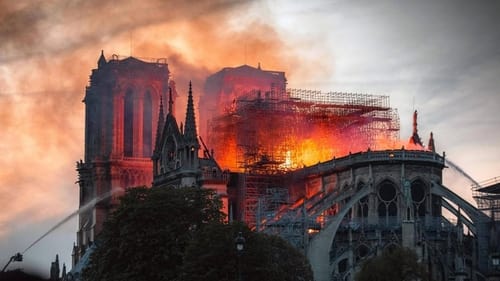
Драма о событиях, потрясших мир в апреле 2019 года, когда во время реставрационных работ в Соборе Парижской Богоматери случился сильнейший пожар, который привел к серьезным разрушениям этого памятника архитектуры и символа Франции.
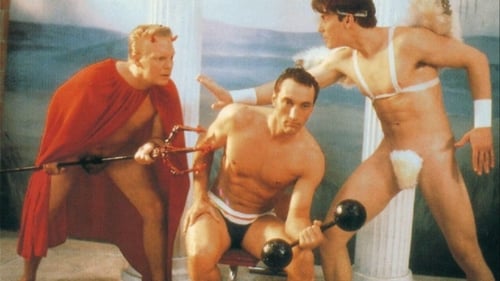
A look at the 1950s muscle men's magazines and the representative industry which were popular supposedly as health and fitness magazines, but were in reality primarily being purchased by the still-underground homosexual community. Chief among the purveyors of this literature was Bob Mizer, who maintained a magazine and developed sexually inexplicit men's films for over 40 years. Aided by his mother, the two maintained a stable of not so innocent studs.
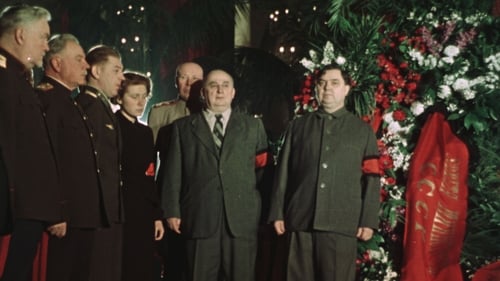
Похороны Сталина как грандиозный спектакль, обнажающий суть культа личности. Фильм основан на уникальных архивных материалах, снятых в СССР 5 - 9 марта 1953 г, когда вся страна хоронила Иосифа Сталина.
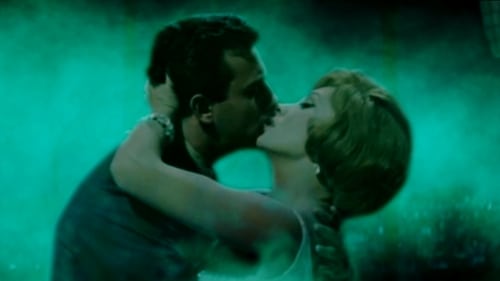
Этот фильм сделан в традициях фильмов Хичкока. Он не имеет сюжетной линии, а состоит из кадров фильмов разных лет, связанных одной темой - городом Сан-Франциско и мостом Золотые ворота, расположенном в нем.
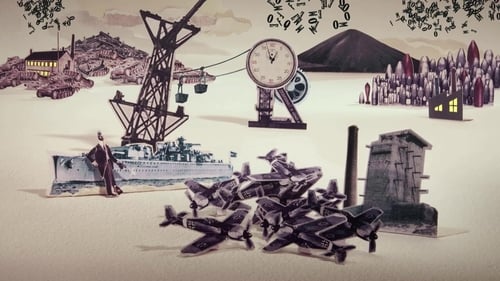
How did Nazi Germany, from limited natural resources, mass unemployment, little money and a damaged industry, manage to unfurl the cataclysm of World War Two and come to occupy a large part of the European continent? Based on recent historical works of and interviews with Adam Tooze, Richard Overy, Frank Bajohr and Marie-Bénédicte Vincent, and drawing on rare archival material.
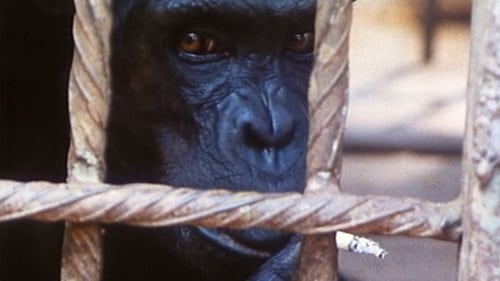
Documentary examining Bokassa's rule in the Central African Republic using the testimony of witnesses and visits to key sites.

From her precocious status as a sex symbol to her consecration as a filmmaker, Jodie Foster's story is about a feminist struggle, albeit atypical, fought on and off the screen. This film sets out to retrace her remarkable journey within the Hollywood industry.

Красноармеец Никита Фирсов из глубокой российской провинции после окончания Гражданской войны вернулся домой. Мучительно возвращаясь к жизни после ужасов войны, парень влюбляется в студентку-медика Любу. Приняв на себя заботу о ней, Никита старается сделать для Любы всё, что может. Нравственные, но очень одинокие люди проходят трудный путь по дороге любви.

Since 1950, there have been 32 nuclear weapon accidents, known as "Broken Arrows." A Broken Arrow is defined as an unexpected event involving nuclear weapons that result in the accidental launching, firing, detonating, theft or loss of the weapon. To date, six nuclear weapons have been lost and never recovered.Now, recently declassified documents reveal the history and secrecy surrounding the events known as "Broken Arrows". There have been 32 nuclear weapon accidents since 1950. Six of these nuclear weapons have been lost and never recovered. What does this say about our defense system? What does this mean to our threatened environment? What do we do to rectify these monumental "mistakes"? Using spectacular special effects, newly uncovered and recently declassified footage, filmmaker Peter Kuran explores the accidents, incidents and exercises in the secret world of nuclear weapons.
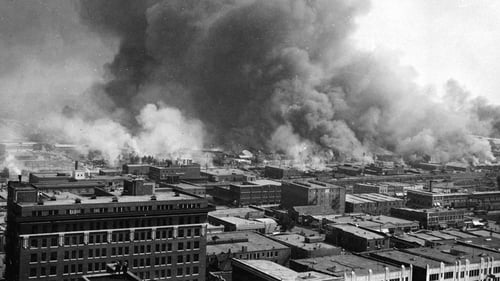
Documents the race riot of 1921 and the destruction of the African-American community of Greenwood in Tulsa, Oklahoma. With testimony by eyewitnesses and background accounts by historians.
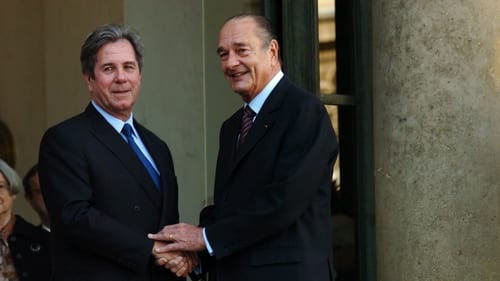
At the close of Jacques Chirac's life, politician Jean-Louis Debré has wished to make a film to celebrate his friend, to tell the story of their friendship and professional understanding, and to make an intimate portrait of the former President of France through the accounts of a few very close friends. Thanks to Jean-Louis Debré's presence, Claude Chirac and some of Jacques Chirac's closest friends, famous or unknown, agreed to talk to the camera, sometimes for the first time, to evoke their untold-before memories and tell about the moments that bonded the two men for a lifetime.
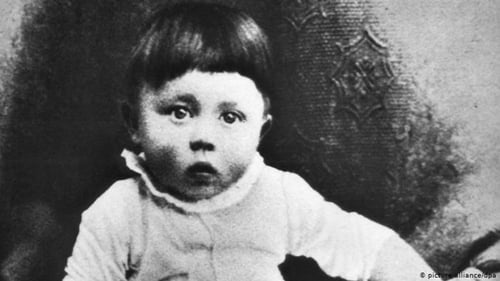
Hitler's biography told like never before. Besides brief historical localizations by a narrator, only contemporaries and Hitler himself speak: no interviews, no reenactment, no illustrative graphics and no technical gadgets. The testimonies from diaries, letters, speeches and autobiographies are assembled with new, often unpublished archive material. Hitler's life and work are thus reflected in a unique way in interaction with the image of the society in the years 1889 to 1945.
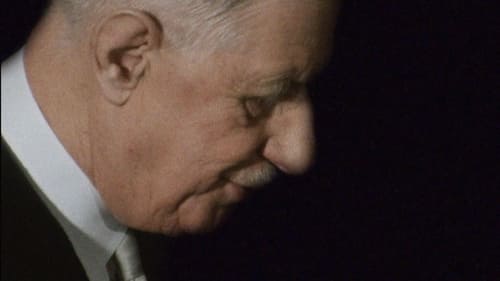
Charles de Gaulle, the first president (1958-1969) of the Vth Republic, France’s current system of government, left his mark on the country . He was statesman of action and has been compared to a monarch. This film depicts the general’s personality through the great events of his presidential term, at a time when the world was undergoing considerable changes.
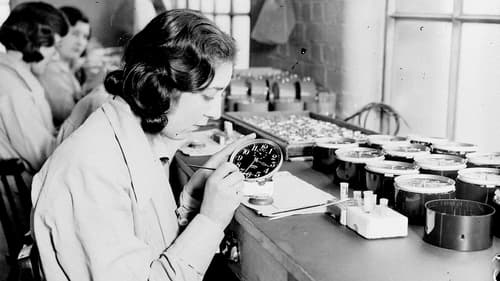
The exciting story of the splitting of the atom, a scientific breakthrough of incalculable importance that ushered in the nuclear age, has a dark side: the many events in which people were exposed to radiation, both intentionally and by accident.
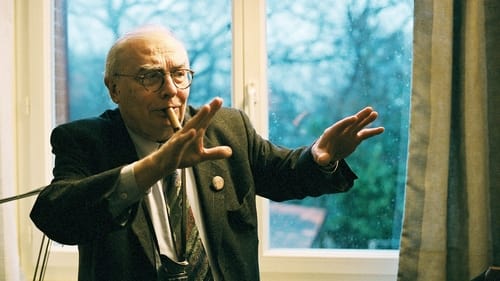
Mysteries, hidden defects, scandals or family secrets? Nothing like that in the life of the filmmaker Claude Chabrol. Just a lifestyle of a Buddha gourmand, a sneaky anarchist, an insolent lover of life. There is a question though… How was he able to make 58 movies in 50 years? This is the story about his outstanding life, told by Cécile, his adopted daughter and also his collaborator for many years.


They’ve become the human face of inhuman barbarity. Leaders like Hitler, Idi Amin Dada, Stalin, Kim Jong Il, Saddam Hussein, Nicolae Ceausescu, Bokassa, Muammar Kadhafi, Khomeini, Mussolini and Franco governed their countries completely cut off from reality. These paranoid leaders were driven to abuse their power by the pathology of power itself. Dictators are driven by a relentless, thought-out determination to impose themselves as infallible, all-knowing and all-powerful beings. But they are also men ruled by their caprices, uncontrollable impulses, and reckless fits of frenzy, which paradoxically render them as human as anyone else. The abuses they committed were clearly atrocious, yet some of them were as outlandish as the characters portrayed in the film The Dictator. They sunk to depths worthy of Kafka: so incredibly absurd, they are outrageously funny.





















